Biggest Oscars Snubs: The Most Shocking Moments In Academy Awards History
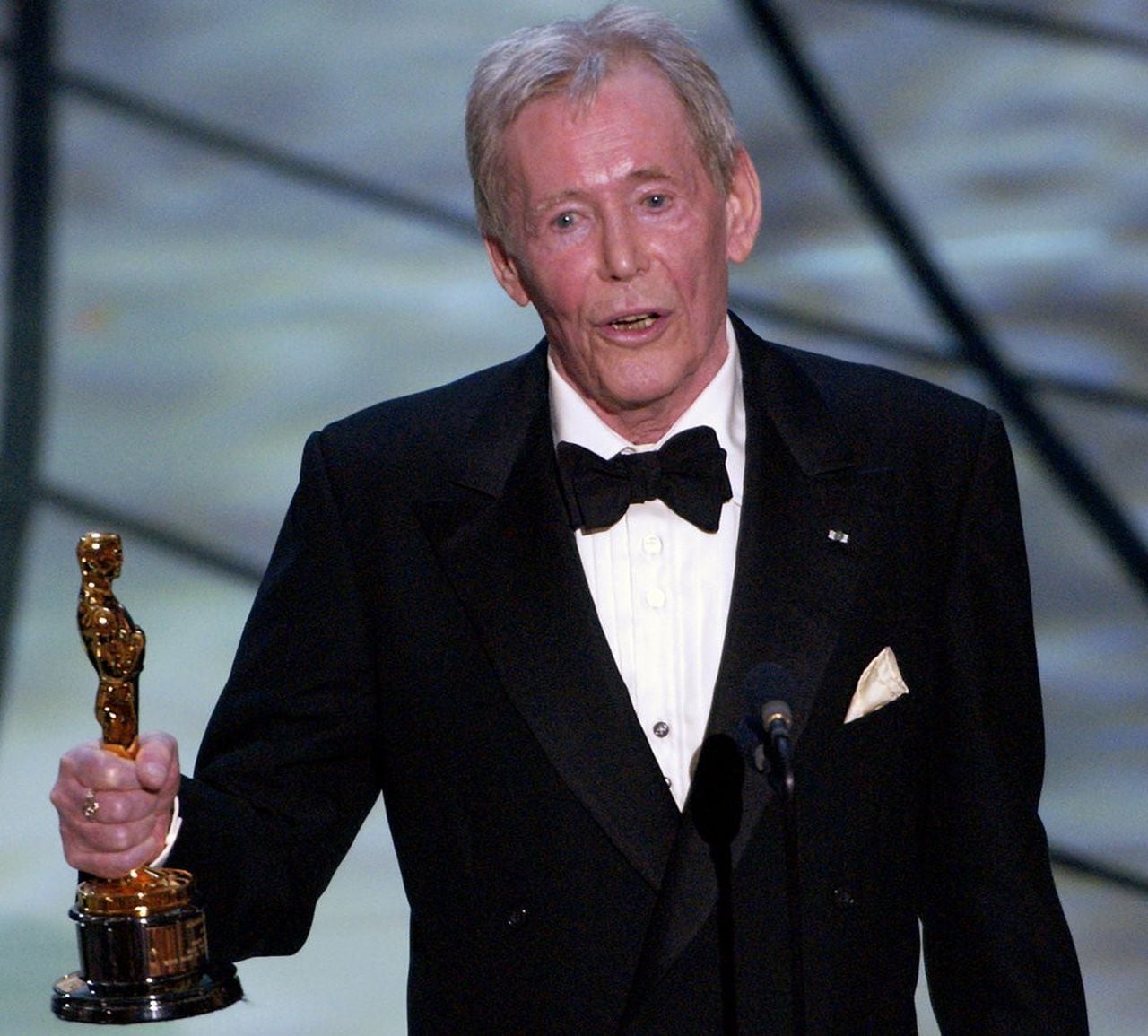
Table of Contents
The Case of Citizen Kane (1941): A Masterpiece Overlooked?
Best Picture Snub: A Cinematic Revolution Ignored
Citizen Kane, Orson Welles's innovative and technically brilliant film, remains a landmark achievement in cinema. Its groundbreaking use of deep focus, low-angle shots, and non-linear storytelling set new standards for filmmaking. Yet, at the 14th Academy Awards, it lost Best Picture to How Green Was My Valley. This was a significant upset, leaving many critics and audiences bewildered.
- Innovative Filmmaking Techniques: Citizen Kane employed revolutionary techniques that are still studied and admired today. Its innovative narrative structure, groundbreaking cinematography, and use of sound design were unprecedented.
- Controversial Reputation and Potential Reasons for the Snub: While lauded by many critics, Welles's somewhat controversial reputation and the film's unconventional style may have contributed to its loss. Some suggest the Academy, known for its conservative tendencies at the time, may have been hesitant to embrace such a radical departure from traditional filmmaking.
- Lasting Impact and Eventual Recognition: Despite the initial snub, Citizen Kane has since cemented its place as a cinematic masterpiece. Its influence on subsequent filmmakers is undeniable, and its enduring legacy stands as a testament to its artistic merit, even in the face of a major Oscars snub.
Snubs in the Best Actress Category: Performances that Deserved Recognition
Glenn Close's Repeated Snubs: A Career of Excellence, Yet No Oscar
Glenn Close's repeated nominations without a win represent one of the most heartbreaking Biggest Oscars Snubs in Academy history. Her consistently powerful and nuanced performances have garnered widespread critical acclaim, yet the coveted Best Actress award has eluded her.
- Overlooked Performances: Her roles in Fatal Attraction (1987), Dangerous Liaisons (1988), and Albert Nobbs (2011) are just a few examples where her incredible talent was seemingly overlooked.
- Potential Reasons for the Snubs: While the reasons remain a subject of speculation, some suggest that Close's powerful and sometimes intense performances may have occasionally fallen outside the Academy's preference for more "likable" characters. The possibility of typecasting also played a role in limiting her scope of recognition.
Other Notable Best Actress Snubs: A Gallery of Unrecognized Talent
Other exceptional actresses have also experienced the sting of a Best Actress snub. Deborah Kerr's numerous nominations without a win, and Amy Adams' consistent near-misses represent further examples of Biggest Oscars Snubs.
- Deborah Kerr: Nominated six times, Kerr's consistently brilliant performances in films like From Here to Eternity and The King and I highlight the subjectivity of award voting.
- Amy Adams: A prolific actress with six nominations, Adams' consistent strong performances, like the one in Arrival, still haven't earned her a win.
Best Director Snubs that Still Sting
The Case of Alfred Hitchcock and Vertigo: A Master's Unrecognized Vision
Alfred Hitchcock, a name synonymous with cinematic suspense and mastery, surprisingly never won a Best Director Oscar. His work on Vertigo (1958), a complex and visually stunning psychological thriller, is a prime example of the Biggest Oscars Snubs.
- Hitchcock's Unique Style and Achievements: Hitchcock's innovative camera techniques, his mastery of suspense, and his unique ability to create psychologically compelling characters are hallmarks of his genius.
- Critical Acclaim and Box Office Success: While Vertigo wasn't an immediate box office hit, it has since gained recognition as one of Hitchcock's greatest films and a landmark achievement in cinema.
- Possible Reasons for the Snub: The Academy's possible reluctance to recognize a filmmaker who primarily worked within the thriller genre might have played a role in its snub.
Other Notable Best Director Snubs: Missed Opportunities for Recognition
Many other incredibly talented directors have been overlooked by the Academy. Stanley Kubrick's consistent near-misses represent some of the greatest Biggest Oscars Snubs.
The Impact of Oscars Snubs: Long-Term Consequences and Cultural Shifts
Oscars snubs have lasting impacts on the industry and public perception.
- Public Perception and Filmmaker's Legacy: Snubs can temporarily affect the public perception of a film or filmmaker. However, the long-term impact often sees eventual recognition through renewed critical appraisal, extended cultural impact, and enduring legacy.
- Box Office Success and Critical Reviews: While a win may not always translate to immediate success, the lack of an Oscar can sometimes hinder a film's long-term viability.
- Representation and Bias within the Academy: Biggest Oscars Snubs spark discussions about potential biases within the Academy, fueling debates about representation, inclusivity, and the evolving nature of cinematic excellence.
Conclusion:
From Citizen Kane's revolutionary filmmaking to Glenn Close's repeated near-misses and Alfred Hitchcock's lack of a Best Director award, the history of the Oscars is filled with shocking and controversial Biggest Oscars Snubs. These moments highlight the subjective nature of artistic judgment and often fuel ongoing discussions about the Academy and its choices. These snubs are far more than simple oversights; they shape narratives and contribute significantly to the rich tapestry of film history. What are your thoughts? Share your opinions on the most shocking Oscars snubs you've witnessed—let's discuss the Biggest Oscars Snubs together!

Featured Posts
-
 Xrps Stalled Recovery A Look At The Derivatives Market
May 08, 2025
Xrps Stalled Recovery A Look At The Derivatives Market
May 08, 2025 -
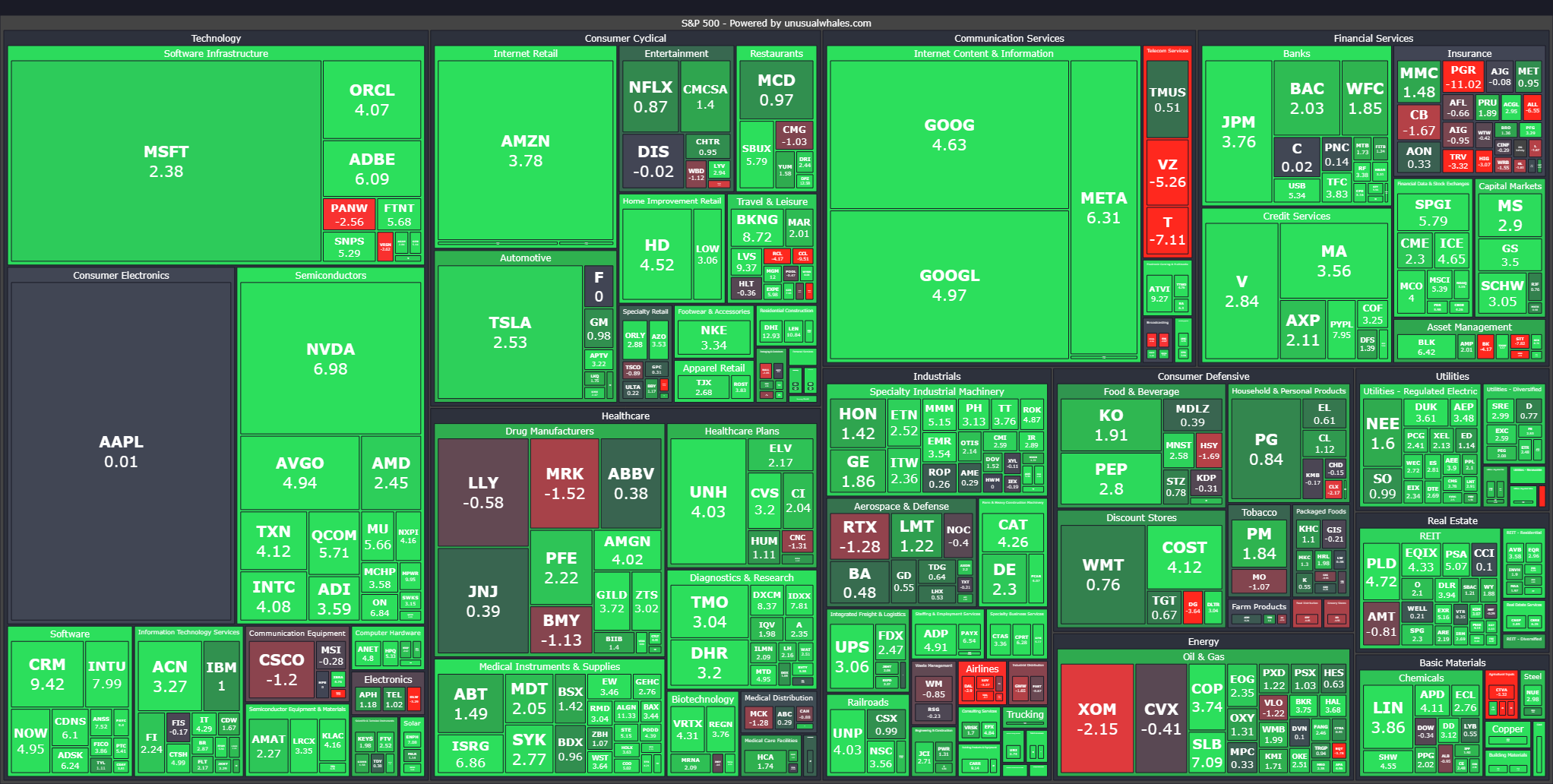 Will Xrp Etfs Disappoint Assessing Supply Headwinds And Institutional Interest
May 08, 2025
Will Xrp Etfs Disappoint Assessing Supply Headwinds And Institutional Interest
May 08, 2025 -
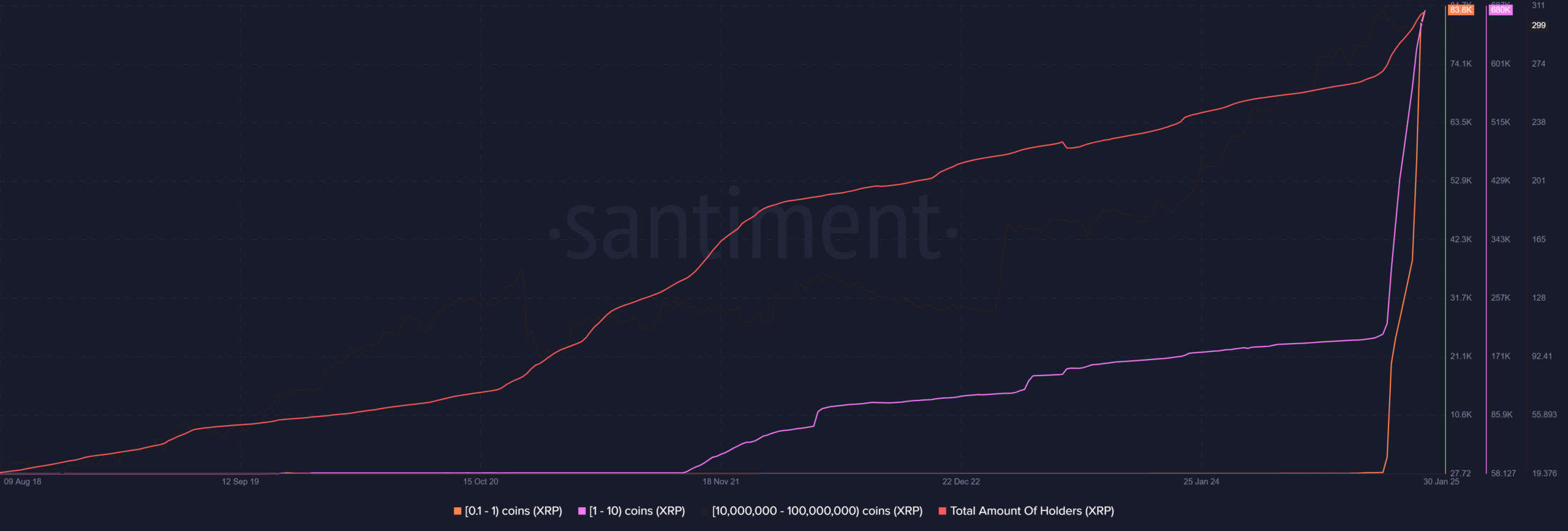 Institutional Ethereum Accumulation Cross X Indicators Point To Potential 4 000 Breakout
May 08, 2025
Institutional Ethereum Accumulation Cross X Indicators Point To Potential 4 000 Breakout
May 08, 2025 -
 Trumps Cusma Assessment A Good Deal With A Termination Clause
May 08, 2025
Trumps Cusma Assessment A Good Deal With A Termination Clause
May 08, 2025 -
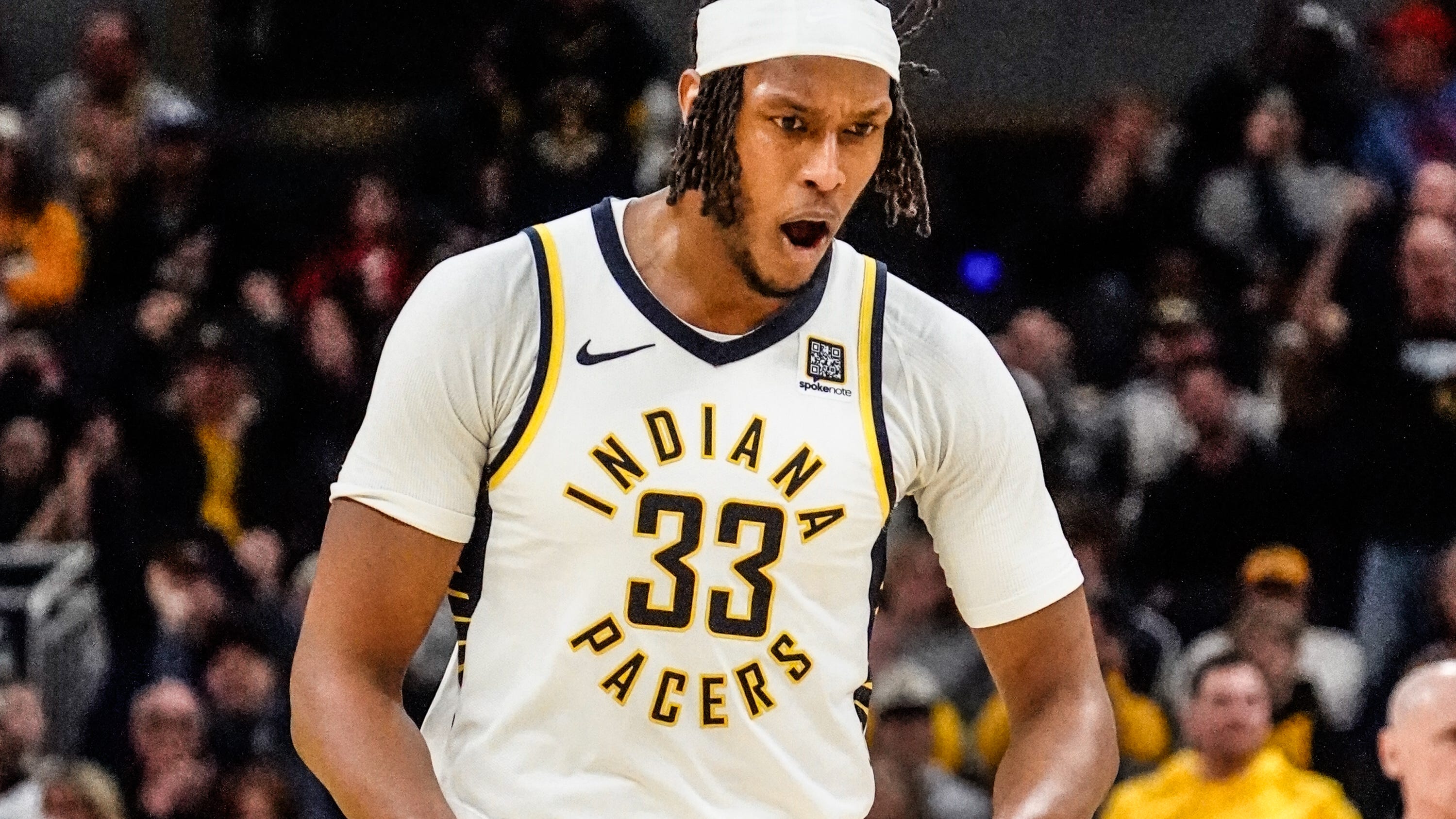 March 29th Nba Game Thunder Vs Pacers Injury Update
May 08, 2025
March 29th Nba Game Thunder Vs Pacers Injury Update
May 08, 2025
Latest Posts
-
 Can Cryptocurrencies Survive A Trade War One Potential Winner
May 08, 2025
Can Cryptocurrencies Survive A Trade War One Potential Winner
May 08, 2025 -
 Bitcoin Rebound Is This The Start Of A New Bull Run
May 08, 2025
Bitcoin Rebound Is This The Start Of A New Bull Run
May 08, 2025 -
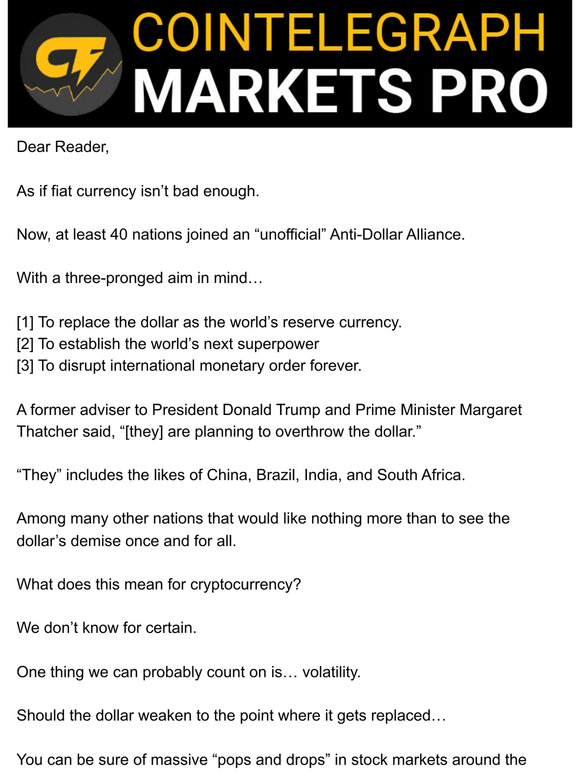 Cryptocurrencys Resilience Amidst Trade Wars
May 08, 2025
Cryptocurrencys Resilience Amidst Trade Wars
May 08, 2025 -
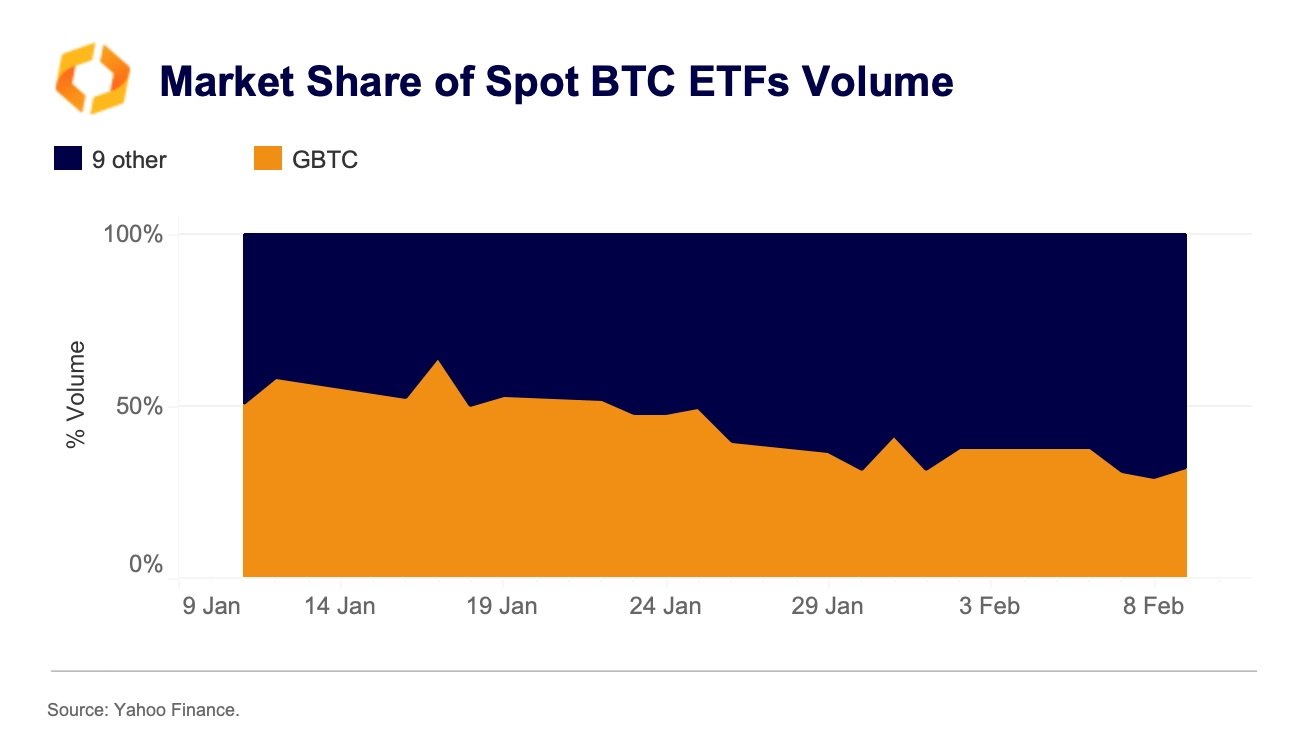 Is Bitcoins Rebound Just The Beginning A Deep Dive Into The Market
May 08, 2025
Is Bitcoins Rebound Just The Beginning A Deep Dive Into The Market
May 08, 2025 -
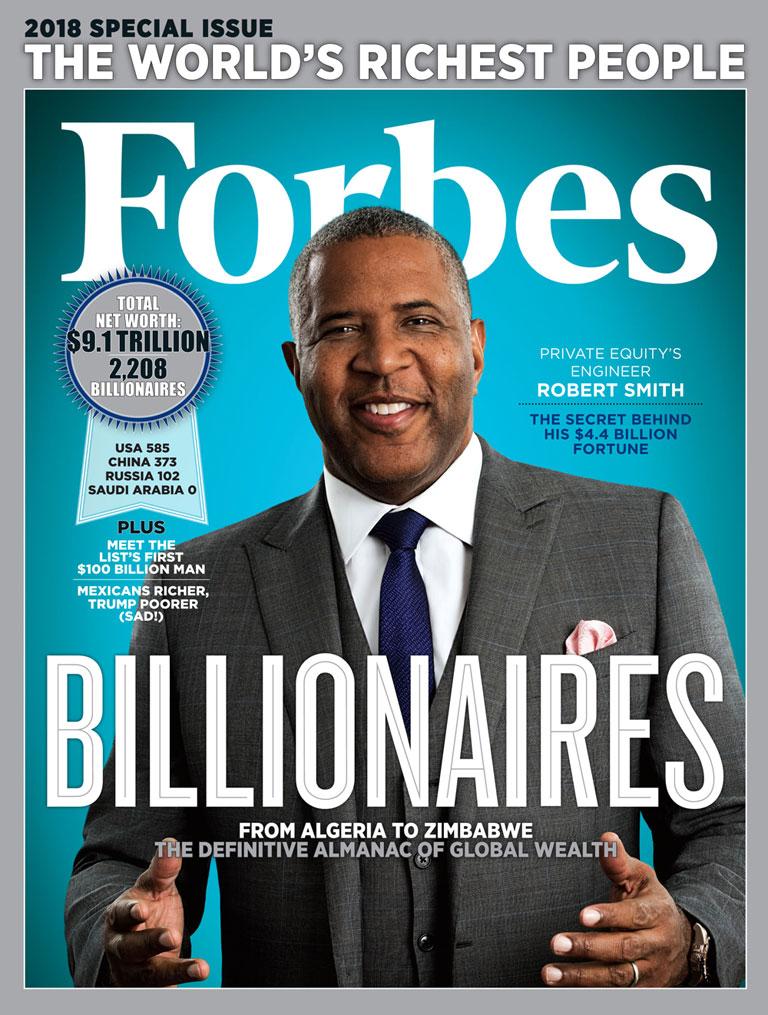 110 Potential The Black Rock Etf Billionaires Are Investing In For 2025
May 08, 2025
110 Potential The Black Rock Etf Billionaires Are Investing In For 2025
May 08, 2025
